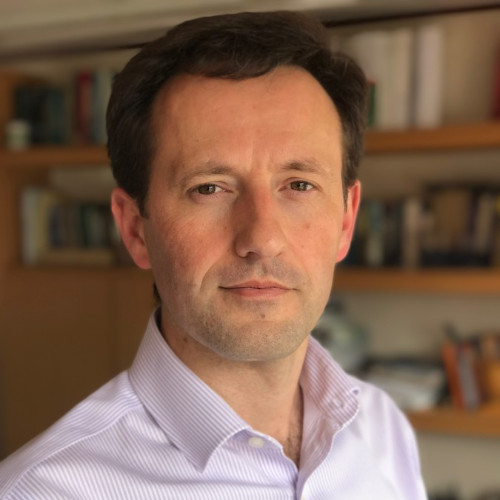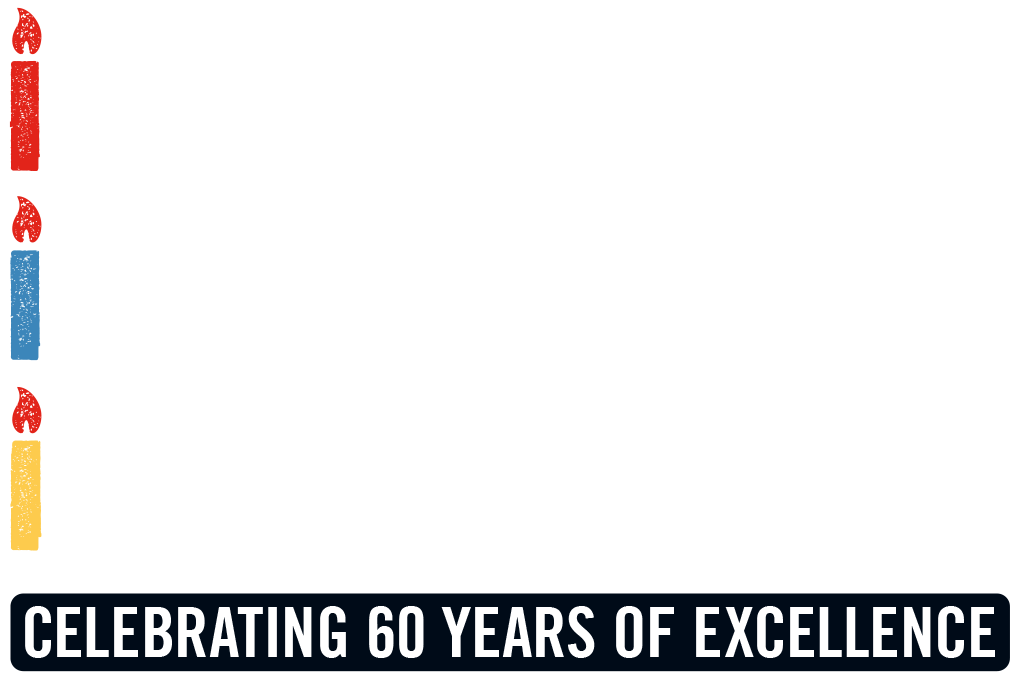
December’s Federation of Piling specialists (FPS) podcast, sponsored by Central Piling, features Alasdair Henderson from BAM Nuttall, for what FPS Chair and host Steve Hadley describes as one of the most enlightening conversations he’s ever had.
Alasdair, who began his career with BAM Ritchies in 1996, rose to the post of Divisional Director, before being invited to join the Executive Board of BAM Nuttall, as well as being a former Chair of the FPS too. In this month’s podcase he talks about the wider industry and what changes could be made to create a better working environment as a whole, but also gives advice for individuals looking to progress in their career in the construction industry.
Steve begins the podcast by exploring Alasdair’s career, as well as his passions and some of the work he is currently undertaking with BAM, including some key career highlights along the way and what helped steer him towards the board-level position he presently holds. Alasdair also touched on how he often deliberately ventured outside his comfort zone in order to challenge himself and learn from the success and sometimes failure that resulted. Steve them moves on the explore how his development and leadership skills evolved and how he makes sure the people he works with continue to grow in their own careers for the benefit of themselves, through greater job satisfaction, and the company.
The main focus of the interview is Alasdair’s thoughts on a “Purpose Led Business”, which he describes for BAM, as delivering for society and not the go-to answer of making money. Of course, he explains that the money part is important, but more how that element is inextricably linked to fulfilling a purpose. If people are fiercely proud of what they have achieved, then the business will be successful and make money, he explains How having a sense of direction helps people with that all important wellbeing aspect of employee’s lives is then explored, and the importance of training to develop people – it being a good thing to do and a good business thing to do as well. Steve digs deep on this latter thread and how the ethics of a business can be measured when the many people within the business may have polar values that characterise the business. How government and clients when sourcing contractors are moving away from just the money part of the transaction and to include other elements such as safety, health, and wellbeing etc. He also sees these additional elements no longer being defined by levels to reach for to continuously exceed. The environment for example being an obvious benchmark that should continue to be realised by business and not a level to be achieved as set by an external awarding body. The benefits of a diverse work force are also explored and how it is short-sighted to disregard a sector of society when they have the potential to deliver so much to a business.
Making the working environment more attractive – working hours, travel, and awkward shift patterns – are discussed and what BAM is doing in these areas. Notwithstanding the necessary requirements of some functions, Alasdair talks about how certain aspects of some jobs when examined thoroughly, can be undertaken flexibly and without detriment to the job but with enormous benefits to employees. Staggered shifts, for example, driven by recent COVID -safety initiatives have been eye-openers of how little impact such changes have on throughput.
Statuary sick pay and what BAM has done to match this to working pay levels is highlighted, and how surprisingly, the transition has had little impact on the business financially and has actually brought benefits. Integrating bonuses into rates of pay is also touched upon.
The difficult topic of sustainability is explored and how BAM is driving it down – or more, where the business is cutting its carbon footprint through those areas it can easily tackle, such as liquid fuel whilst other areas require more industry wide programmes – such a materials science and other initiatives – to lower carbon further. 3D-prinitng is explored as is also the ‘popular’ electrification of plant and the infrastructure challenges this demands.
Alasdair concludes with a summation of how good money can be made a result of a business model that works for society as much as it does for the business.
Thoroughly engaging from start-to-finish, the podcast can be listened to here: https://tinyurl.com/ydflvsgs
